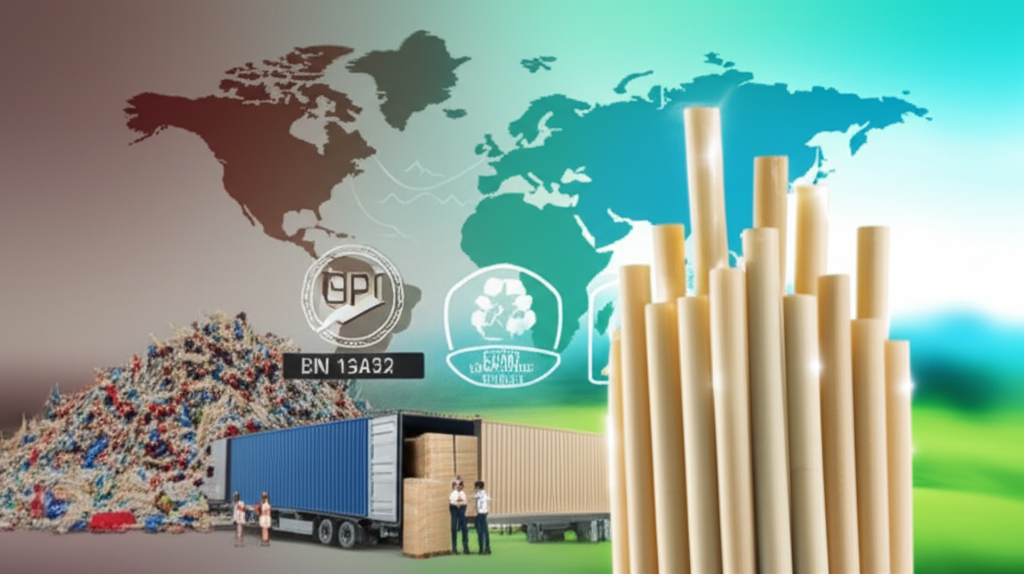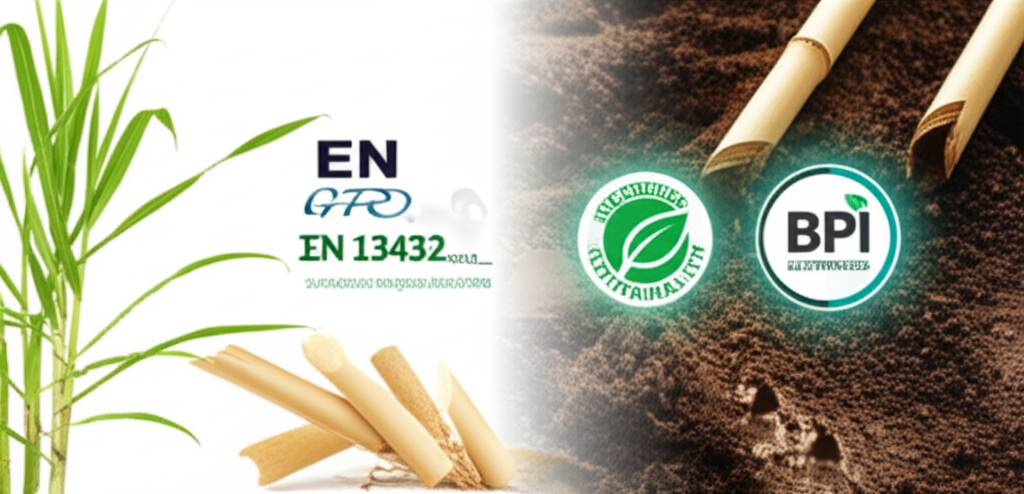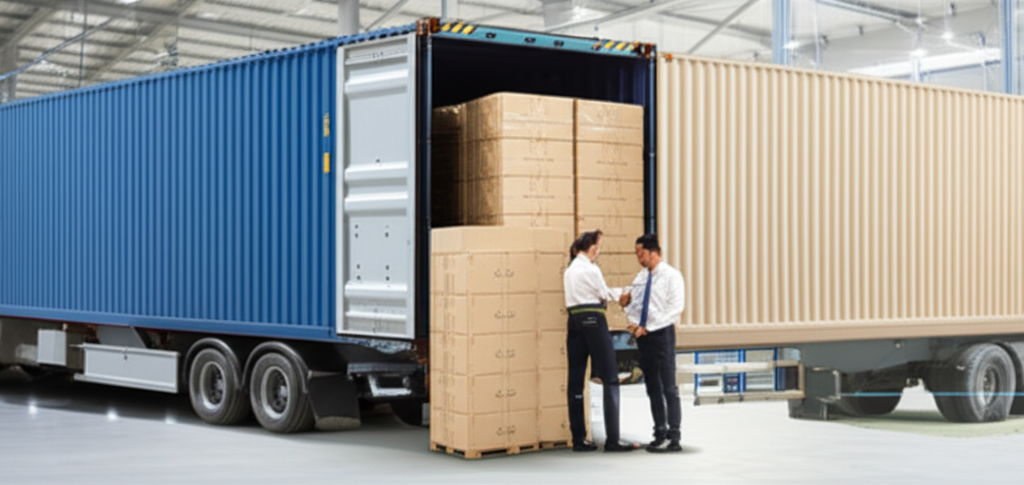A comprehensive guide for procurement managers, operations directors, and sustainability officers in hospitality & foodservice.
The global business landscape is undergoing a profound transformation, driven by an urgent environmental imperative: the pervasive issue of single-use plastics. Businesses, particularly within the foodservice and hospitality sectors, face escalating pressure from a torrent of global regulations, with over 130 countries now enacting stringent plastic bans or restrictions. Ignoring this undeniable shift is not merely a missed opportunity; it’s a direct threat, risking significant operational penalties, brand degradation, and escalating waste management costs. The trajectory is clear: the global straw market alone is projected to grow from USD 21.3 billion in 2025 to USD 35.7 billion by 2035, propelled by an unwavering consumer and regulatory push towards sustainable alternatives. For astute decision-makers, prioritizing compliance and sustainability is no longer a choice but a strategic imperative to mitigate risk and capitalize on emerging market opportunities.
The global shift away from single-use plastics presents both significant risks and strategic opportunities for B2B hospitality and foodservice sectors.
Solution: Sugarcane Straws
Beyond simply meeting compliance requirements, embracing sugarcane bagasse straws offers a profound strategic advantage that resonates with modern business values and market demands. These aren’t just straws; they represent eco-innovation at scale. Crafted from bagasse—the fibrous byproduct of sugarcane juice extraction that would otherwise be discarded or burned—they embody a true circular economy model. This repurposing of agricultural waste reduces reliance on virgin resources and minimizes environmental impact, making them a superior choice. Their uncompromised performance and durability are critical for operational efficiency: sugarcane straws boast inherent strength, resisting sogginess even in hot beverages up to 100°C, and are completely non-toxic and chemical-free. From an environmental perspective, their impact is significant: they are 100% plant-based, biodegradable, and compostable, typically breaking down within 60-180 days in industrial facilities without leaving microplastics or toxic residues. This aligns seamlessly with the growing demand for eco-conscious solutions, as highlighted by their clear environmental advantages. In fact, the sugarcane bagasse-based disposable tableware market, valued at USD 3.18 billion in 2024, is forecast to reach USD 5.58 billion by 2033, showcasing substantial growth potential for businesses that lead with adoption. Explore the full range of theirsustainability advantages.
Sugarcane bagasse straws are eco-innovative, plant-based, biodegradable, and compostable alternatives to plastic, offering uncompromised performance and durability.

Market & Regulation Insights (EU, US, Asia-Pacific)
To truly assure quality and build customer trust, discerning wholesale buyers must understand critical certifications likeEN13432(European) andBPI(North American ASTM D6400/D6868). These serve as the gold standard for industrial compostability, ensuring products fully break down under controlled conditions. The rigorous criteria for certification include a minimum of 90% biodegradation within six months, specific disintegration requirements, and strict limits on heavy metals and fluorine. Beyond industrial composting, the significance of “OK Compost HOME” and “OK Compost INDUSTRIAL” certifications fromTÜV AUSTRIAprovides broader disposal flexibility and enhances consumer acceptance. Relying on verified certifications is paramount; it protects your brand from greenwashing claims, ensuring alignment with evolving regulatory landscapes and consumer expectations. For businesses seeking these certified solutions, resources like theBiodegradable Products Institute (BPI)offer comprehensive guidance on standards and compliant products.
Understanding certifications like EN 13432 and BPI is crucial for ensuring product quality, compliance, and building customer trust in sustainable alternatives.

B2B Customization & Supply Chain Optimization
Optimizing your supply chain for wholesale procurement is key to maximizing the benefits of this transition. Strategic sourcing involves understanding Minimum Order Quantity (MOQ) variations by supplier and volume, and the immense value of factory direct sourcing to achieve cost efficiencies and custom branding. Critically, maximizing container cubic meter (CBM) utilization and optimizing carton specifications through custom packaging design can reduce shipping costs by 20-35% and improve labor efficiency by 40-50% by eliminating wasted space and enhancing packing speed. Ensuring product integrity in transit is equally vital; robust, nestable packaging designs for sugarcane bagasse straws can minimize damage claims by a potential 60-80%, preserving product quality throughout international logistics. Additionally, proper storage in dry, cool conditions away from direct sunlight is crucial to ensure the 16-18 month shelf life of sugarcane straws. Discover the multifacetedbusiness benefits of sugarcane straws.
Strategic supply chain optimization, including CBM utilization and custom packaging, significantly reduces costs and enhances efficiency for wholesale sugarcane straw procurement.

Industry Misconceptions & Clarifications
When evaluating alternatives, a clear comparison highlights why sugarcane bagasse stands out:
| Caratteristica | Cannucce di plastica | Cannucce di carta | PLA Straws (Bioplastic) | Sugarcane Bagasse Straws |
|---|---|---|---|---|
| Material Origin | Fossil-fuel derived | Wood Pulp (virgin/recycled) | Fermented Plant Sugars | Sugarcane Pulp (Agricultural Byproduct) |
| Sogginess | No | Alto | Low-Medium | Very Low (“No Sog”) |
| Hot Beverages | SÌ | No (degrades) | Limited (Melts >60°C) | Yes (up to 100°C) |
| Compostabilità | No (centuries to break) | Variable (often landfilled) | Industrial Composting Only | Industrial & Home Compostable |
| Microplastics | SÌ | No | Potentially | No |
| CO2 Footprint | Alto | Moderare | Moderate (production) | Low (waste valorization) |
| Cost (Wholesale) | Lowest | Low-Moderate | Moderate-High | Moderate-High (improving) |
This comparison underscores the operational viability and brand benefits seen in real-world adoption by major players likeMcDonald’s ChinaEStarbucks China, who have embraced compostable alternatives. While there’s an acknowledged higher upfront cost (2-5x plastic), bulk purchasing can reduce this by 15-30%, and future cost reductions are anticipated with economies of scale. The challenge of composting infrastructure gaps is real, with many industrial facilities not yet accepting all bioplastics. However, sugarcane bagasse straws, particularly those certified “OK Compost HOME,” offer wider disposal options. To mitigate greenwashing risks, always advise on due diligence and rely on robust third-party certifications like EN 13432 and BPI, ensuring genuine environmental benefits. For further details on the European standard, refer to theEuropean Committee for Standardization’s (CEN)website.
Sugarcane bagasse straws offer superior performance and environmental benefits compared to plastic, paper, and PLA, despite initial cost differences that can be mitigated by bulk purchasing.
Future-Proofing Your Enterprise
Future-proofing your enterprise means leading with sustainable supply chains. This strategic pivot positions your business at the forefront of the sustainability movement, appealing directly to the growing segment of eco-conscious consumers and proactively meeting evolving tender requirements. Beyond the immediate environmental benefits, there are tangible long-term cost savings to be realized from reducing plastic waste and avoiding future plastic taxes. The use of sugarcane bagasse, a renewable resource, also benefits from a stable supply chain. The innovation horizon for these products is expanding rapidly, with ongoing advancements in eco-friendly coatings for enhanced barrier properties and the development of hybrid fiber composites, ensuring the long-term viability and performance of bagasse products. Ultimately, a visible commitment to truly sustainable practices, backed by certified products, significantly enhances your brand reputation and fosters deeper customer trust and loyalty in a competitive market. Makethe sustainable choice with sugarcane strawstoday.
Embracing sugarcane straws enhances brand reputation, attracts eco-conscious consumers, and offers long-term cost savings and supply chain stability.
The transition to sustainable operations is no longer an optional endeavor; it is a strategic imperative for every forward-thinking business. Partnering with a trusted wholesale supplier of certified sugarcane bagasse straws offers a tangible pathway to achieving regulatory compliance, enhancing operational efficiency, and significantly strengthening your brand image in a rapidly evolving market.
Request a Wholesale Quote & Carton Specification Guide Now
Leverage our expertise to optimize your MOQ, container CBM, and carton specifications for maximum shipping efficiency and cost savings. For a global perspective on plastic pollution and policy, consult theUnited Nations Environment Programme (UNEP).
Frequently Asked Questions (FAQ)
1. What are sugarcane bagasse straws?
Sugarcane bagasse straws are eco-innovative, plant-based, biodegradable, and compostable alternatives to plastic, crafted from the fibrous byproduct of sugarcane juice extraction.
2. What certifications should I look for in wholesale sugarcane straws?
Look for:
- EN13432 (Europe)
- BPI (North America, ASTM D6400/D6868)
- OK Compost HOME E OK Compost INDUSTRIAL from TÜV AUSTRIA
These ensure gold-standard industrial compostability and broader disposal flexibility.
3. How can I optimize shipping costs for wholesale sugarcane straws?
- Maximize container CBM utilization
- Optimize carton specifications through custom packaging design
- Achieve 20–35% shipping cost savings E 40–50% labor efficiency gains
4. Do sugarcane straws get soggy in hot beverages?
No. Sugarcane straws resist sogginess even in hot beverages up to 100°C, unlike many paper alternatives.
5. What is the shelf life of sugarcane bagasse straws?
Typically 16–18 months when stored in dry, cool conditions away from direct sunlight.






